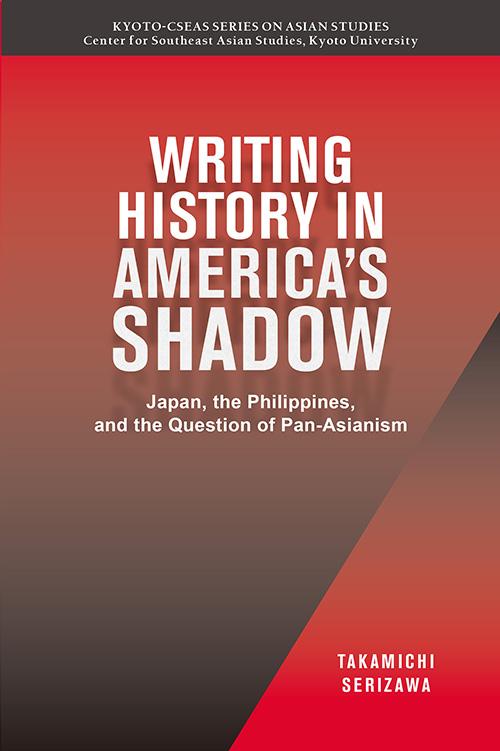日本人とフィリピン人は共に、アメリカ合衆国に敗北した後、自国史を書き換えられたという経験を持っている。フィリピンの場合、米比戦争の終結宣言が出された1902年以降、日本の場合、アジア・太平洋戦争が終結した1945年以降のことである。この書き換えは、アメリカ合衆国がもたらした近代化と民主主義を正当化するために行われた。すなわち新しい歴史は、アメリカ占領に先立つスペイン植民地時代フィリピンと戦時期日本を暗黒時代として描いたからである。フィリピン人と日本人の歴史家や知識人は、このアメリカの書き換えを受け入れることによって、どのようなジレンマや矛盾を抱えてきたのだろうか。両者は、アメリカの覇権下で、どのような交流を持ってきたのだろうか。「アメリカの影」という視点は、日本とフィリピンに関する歴史研究や地域研究の暗部に光を当てている。
Contents
Preface
Introduction
1. Beyond Orientalism
2. The Politics of Area Studies in the US during the Funding Period: The Cases of Japanese and Southeast Asian Studies
3. The Dilemmas of a Japanese Historian: Yamamoto Tatsuro and the Reconstruction of Southeast Asian Studies
4. Revisiting the Department of Nanyo (South Sea) History at Taihoku Imperial University (1928-40)
5. Japanese Wartime Use of Philippine History
6. In Search of a National Language under the Japanese Occupation
7. Translating Philippine History into Japanese during the Vietnam War Era
Conclusion
Bibliography
Index
